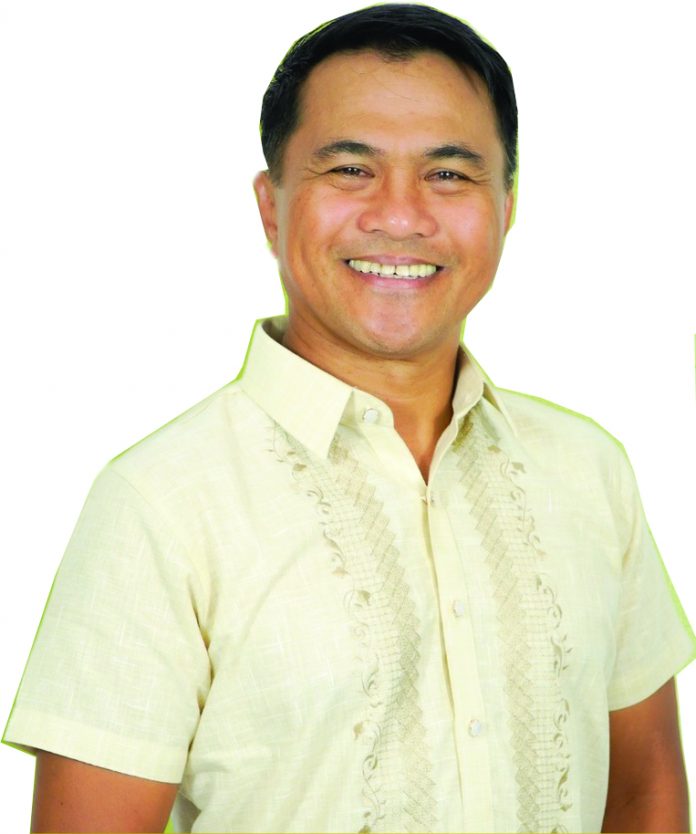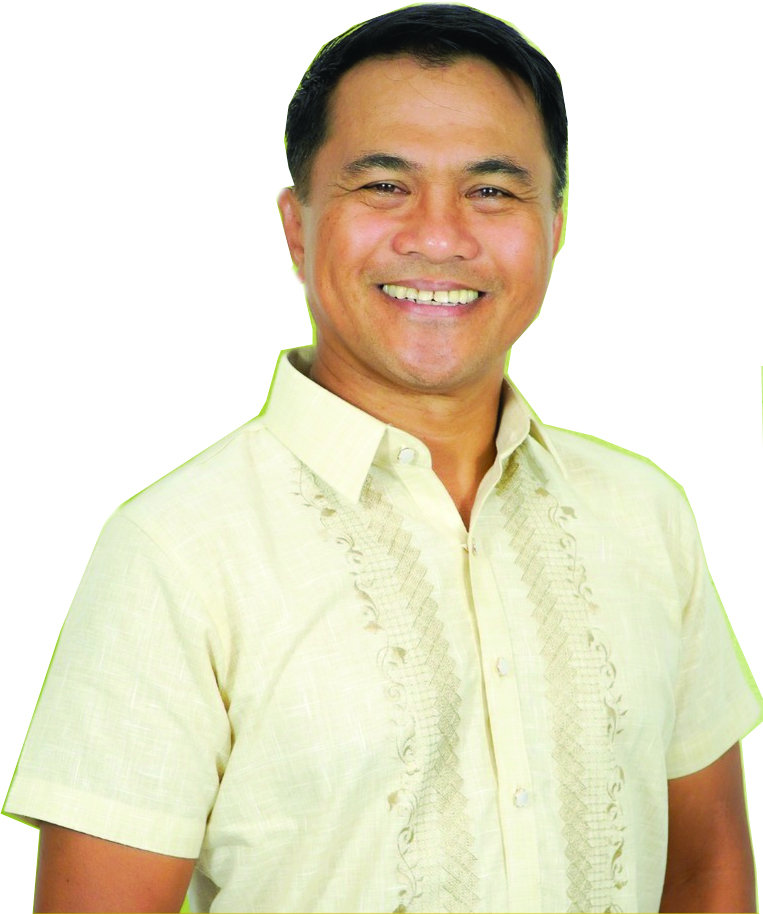PALO, Leyte – The Bureau of Jail Management and Penology Regional Office 8 (BJMP-8) on Wednesday, July 16, officially welcomed 93 newly-appointed Jail Officer 1 (JO1) recruits during a solemn oath-taking ceremony at the Archbishop’s Palace Gymnasium in Palo, Leyte.
The event was graced by BJMP personnel and the proud families of the new officers, marking a significant milestone in their entry into public service.
The ceremony signified the formal acceptance of the new recruits into the BJMP family and their commitment to uphold the bureau’s mandate — championing the welfare and reformation of Persons Deprived of Liberty (PDL).
JSInsp. Ma. Karmen S. Rizabal, acting chief of the Personnel and Records Management Division who reads the General Orders of Recruitment, shared that the batch is composed of 74 males and 19 females, carefully selected from a competitive pool of 1,231 applicants who underwent a rigorous selection process.
Newly-installed Regional Director JSSupt. Rill F. Sonon, who administered the ceremonial oath and integrity pledge, emphasized in his message the deep responsibility that comes with joining the uniformed service.
“New jail officers embrace an oath of honor and service. Their entry into public service marks not just a career milestone, but a sacred vow — to God, the nation, the law, and humanity,” Sonon said.
Sonon encouraged the new officers to uphold the core values of the bureau as espoused in the WASTONG BIHIS Program, a flagship initiative that promotes discipline, respect, and professionalism.
He emphasized that discipline must guide them through adversity; respect must be shown especially to PDLs whose dignity and capacity for change must be recognized; integrity should be their foundation as public servants; humility must define their leadership and service; and faith in God should remain their source of strength and direction.
He also reminded the officers that the road ahead will be challenging, but they are not alone as they are supported by the BJMP organization, their families, and divine guidance, stressing that their duty goes beyond personal interest and must be anchored on justice, transformation, and public service.
Following the ceremony, the new JO1s will undergo onboarding under BJMP-8’s Human Resource Development Division, in preparation for their formal training at the National Jail Management and Penology Training Institute (NJMPTI). They will complete the Jail Public Safety Basic Recruit Course (JBRC), a comprehensive program designed to equip officers in custodial operations, human rights, and inmate reformation.
The ceremony is part of the simultaneous oath-taking held across all BJMP Regional Offices nationwide, with a total of 1,862 newly-appointed Jail Officers — 1,479 males and 383 females — formally inducted into the Bureau as part of the agency’s continued expansion and professionalization of its ranks.
(VTG/BJMP-8)




